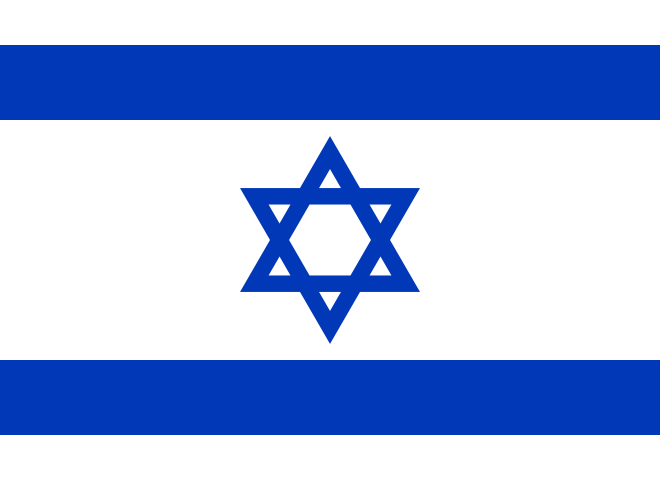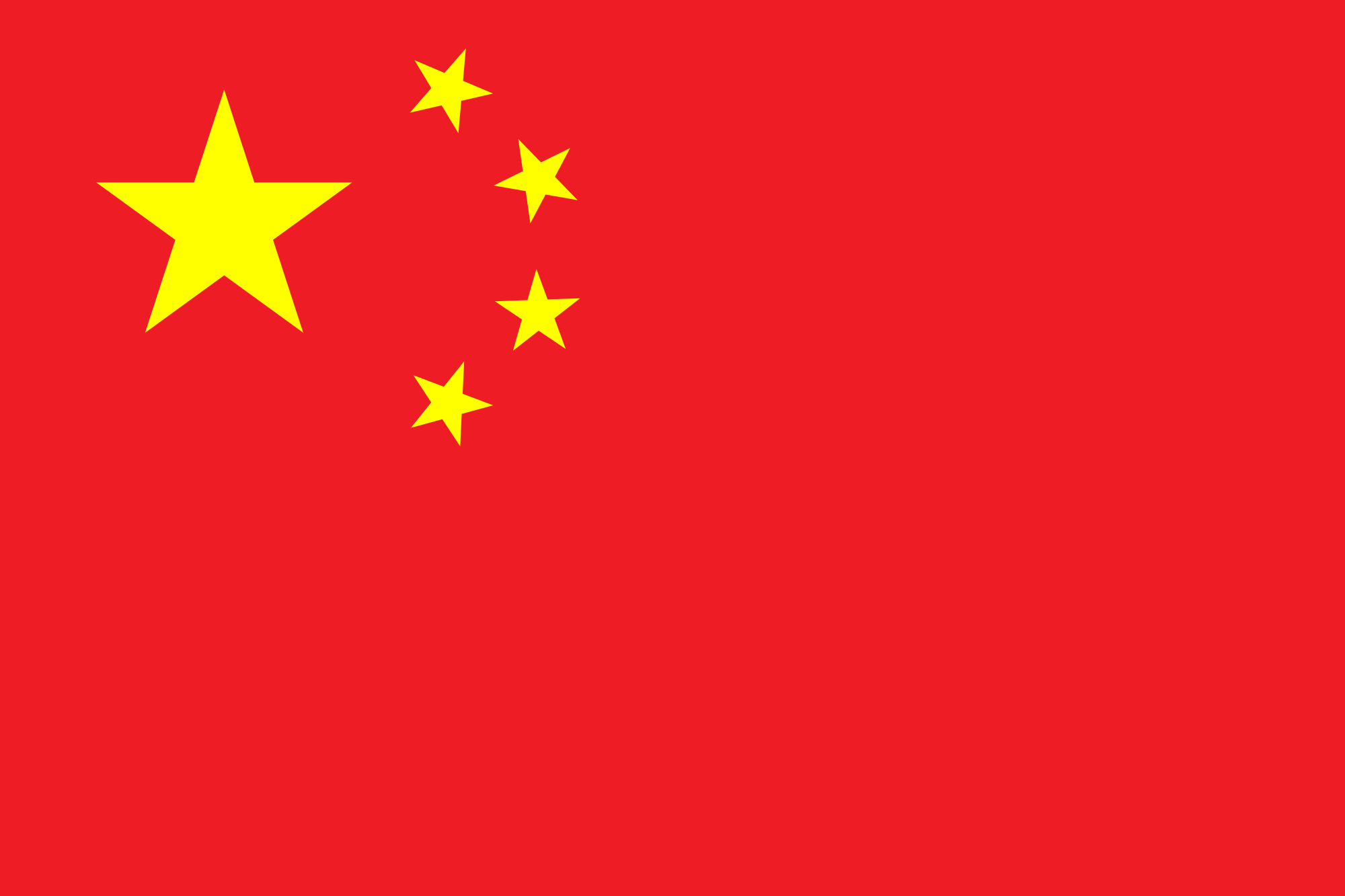Now, the Boston Globe is reporting that the scholar, Robert Litan, has "abruptly cut ties" with Brookings, a think tank he has been affiliated with for around 40 years. Here is what Litan said:
“I think the Warren letter has created discomfort at Brookings,” said Robert Litan in a telephone interview with the Globe. “I don’t want to make people there feel any more uncomfortable than needed.”
And here is what a Brookings spokesman had to say about the whole incident:
David Nassar, a Brookings spokesman, said that Litan violated a Brookings policy by touting his Brookings affiliation when he gave testimony on his study before Congress. He said that the study “was not connected with Brookings in any way.”
The Hill newspaper notes that Litan has been "forced out" of the think tank, saying he is formally submitting his resignation Tuesday afternoon.
Sen. Warren's letter to Brookings, which is addressed to its President, Strobe Talbott, can be found here. A press release of that letter can be found here.
Was Brookings scholar Jane Dokko calling out Dr. Litan's paper before today's blow-up?
As seen from another of today's Think Tank Watch stories, Brookings scholars seem to like to complain about other Brookings scholars.
Update: A Washington Post story says that Brookings was seeking a resignation from Dr. Litan, and in return, Dr. Litan complied. Here is our favorite line from that story:
Her [Warren's] complaint pointed to a relatively new form of influence peddling in the nation's capital, with industry groups and even foreign governments paying think tanks and scholars for research papers that support lobbying goals.
The article also raises an interesting point:
Brookings's action Tuesday could have implications for industry lobbyists who advise clients to fund think tank research to influence policymakers.
Scholars have opened private consultancies, attracting fees from corporate sponsors at least in part because their studies could enjoy the Brookings imprimatur.
Litan, for instance, works with a firm called Economists Incorporated, where his bio describes him as a "non-resident senior fellow" at Brookings.
Here is even more from yet another Washington Post piece on the Warren-Brookings war. Our favorite lines:
[This incident] could have a chilling effect on scholars who have been perfectly fine letting companies that finance their research review it before publication.
Brookings is as much a pillar of the Democratic establishment as any institution in Washington. That President Strobe Talbott moved so quickly to oust Litan underscores just how terrified DC elites from both parties are right now about the rise of pitchfork populism.
Here is a Vox piece entitled "Elizabeth Warren Exposed a Shocking Instance of How Money Corrupts DC Think Tanks."
Think Tank Watch is aware of numerous think tank scholars at a wide variety of think tanks who run their own consulting firms, blurring the line between true scholarly work and work simply for the benefit of a corporate patron.



